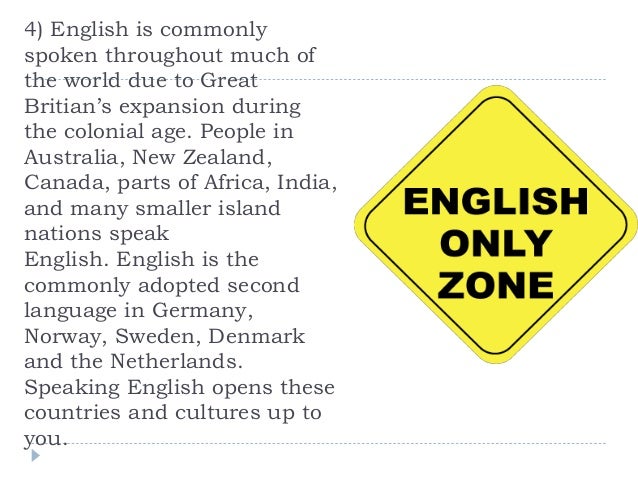Lets Speak English Together
It’s every English student’s dream. Being able to speak and sound like a native speaker. If you would like to learn more, read on! A new way of learning English called the Lexical Approach has been helping students to speak more like real native English speakers do. Let’s see how it works! When you are speaking or writing in English, being grammatically correct is great.
But, if a native speaker would never say or write a sentence, then it will sound strange to them. So, what’s the answer? First, we should learn to use set phrases and collocations like native speakers do. Let’s look at an example now. The following text is from the first paragraph above.
And speaking of October, if you happen to live around Corpus Christi, Texas (I know the chances are slim! XD) I'll be at Realmscon! I didn't plan any other cons this year since I'm still so busy settling back into the US, but this one's local so it's the one exception!:0.

Take a close look at the items in brackets. [It’s every] English student’s [dream].
[Being able to speak] and [sound like a] native speaker. 3d model zdanij dlya 3ds max 10. [If you would like to] learn more, [read on!] Did you spot it? Lexical chunks: 1.
[It’s every]. [Being able to speak.] 3. [sound like a] 4. [If you would like to.] Collocations: 5. [read on!] Numbers 1-4 are lexical chunks, these are three or four words which native speakers often use together in conversation and writing. Number 5 is a collocation – two words which are often used together.
Let’s look at how to use them. We can fill the ‘slot’ with many different nouns here to create many sentences. We only need to remember the chunk – it’s every ’s dream.
Using chunks helps us to sound more like native speakers. Let’s look at the others now. Can you think of words which will fit in the slots?
You could say: • Being able to speak: • French • well • clearly So using the name of a language or an adverb (a word that shows how we do something e.g. Clearly, loudly etc.). How about the others?
• Sound like a _________. • Welshman • Londoner • Newsreader • If you would like to _______. • learn more • have dinner at the Ritz hotel • play golf Number 5 – read on – is a collocation and you can use it on its own! Now, we will look at how to use this with more advanced English. The phrases below in bold use ‘care’ in lexical chunks. If they are new to you, look up the meanings. • My car is well cared for.

• I’ve known him l onger than I care to remember. • I haven’t got a care in the world.
Dance, play golf)? • I couldn’t care less about (e.g. Him, you, the class). Now, make sentences with the words in bold using information that is true for you.